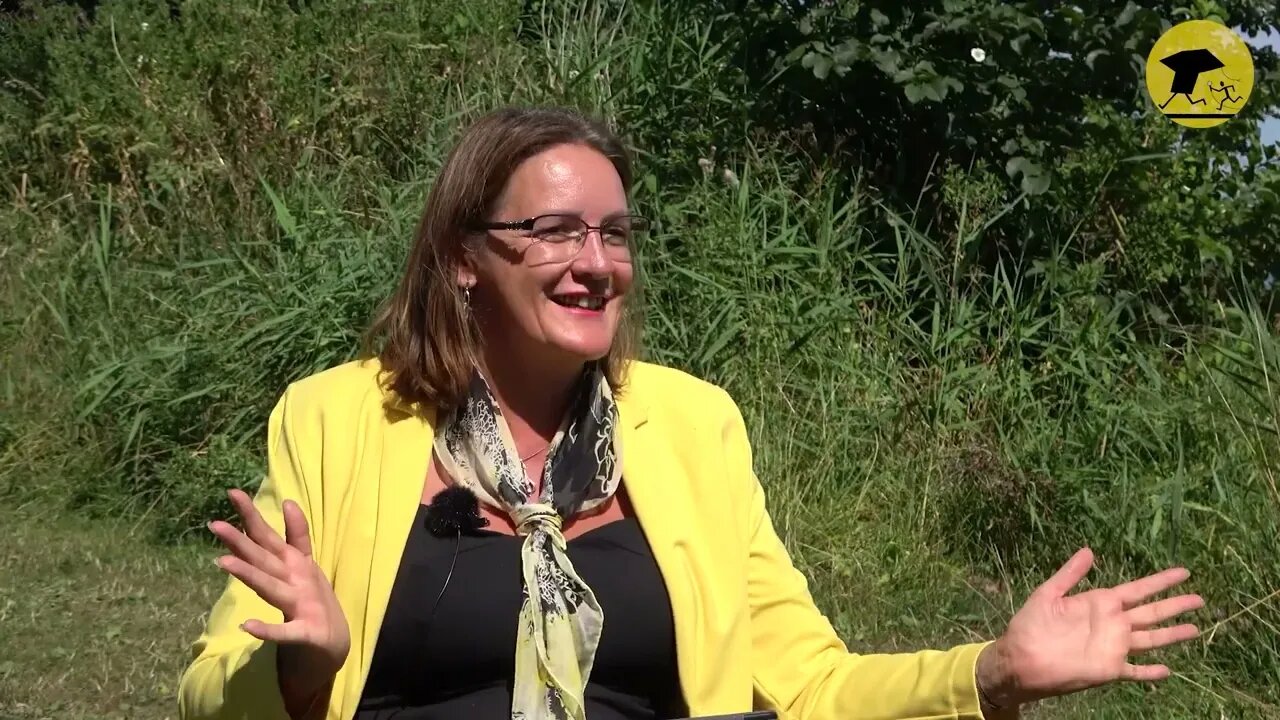Premium Only Content

Follow the Science - episode 5, Prisoners Dilemma
A prisoner’s dilemma is a paradoxical situation in which individuals appearing to choose for their self-interest, will not have an optimal outcome as a group. In a classic prisoner’s dilemma, individuals have the greatest payoffs if they betray the group instead of cooperating with the others. While choosing self-interest is incentivized, in repeating the game, players can devise a strategy that would actually rewards cooperation.
In the classic prisoner’s dilemma two bank robbers, arrested and interrogated in separate rooms, have a choice to cooperate (not betray each other by remaining silent) or to defect (betray the other by testifying). The authorities can only prove the case if they can convince at least one of them to betray the other and testify. Both robbers can minimize total jail time by cooperating and remaining silent, but they are better off individually if they defect (i.e. betray the other). The best-case scenario in terms of shorter jail time for both is when they both cooperate and remain silent.
In society, this is often shown as the “tragedy of the commons”, where it is in the collective interest not to deplete collective natural resources (e.g., a grassland for grazing), but it appears to be in the individual interest to take “as much as possible” from the collective resources. In society, people are often taught to take the best interest of society in mind, and there are often incentives in place to do so. Also, people reciprocate behavior, and for instance reward kindness and collaboration.
This is part 5 in a series of short conversations about behavioral manipulation and how to deal with it. https://www.youtube.com/playlist?list=PLfS_7Xe5C4IXVBMv7P2YsZDbjwDd2ryBZ
-
 1:15:00
1:15:00
Awaken With JP
8 hours agoMerry Christmas NOT Happy Holidays! Special - LIES Ep 71
114K102 -
 1:42:21
1:42:21
The Quartering
10 hours agoTrump To INVADE Mexico, Take Back Panama Canal Too! NYC Human Torch & Matt Gaetz Report Drops!
98.9K89 -
 2:23:15
2:23:15
Nerdrotic
9 hours ago $10.81 earnedA Very Merry Christmas | FNT Square Up - Nerdrotic Nooner 453
77K6 -
 1:14:05
1:14:05
Tucker Carlson
9 hours ago“I’ll Win With or Without You,” Teamsters Union President Reveals Kamala Harris’s Famous Last Words
161K316 -
 1:58:31
1:58:31
The Dilley Show
9 hours ago $31.79 earnedTrump Conquering Western Hemisphere? w/Author Brenden Dilley 12/23/2024
131K33 -
 1:09:59
1:09:59
Geeks + Gamers
10 hours agoSonic 3 DESTROYS Mufasa And Disney, Naughty Dog Actress SLAMS Gamers Over Intergalactic
88.3K20 -
 51:59
51:59
The Dan Bongino Show
11 hours agoDemocrat Donor Admits The Scary Truth (Ep. 2393) - 12/23/2024
831K2.73K -
 2:32:15
2:32:15
Matt Kohrs
22 hours agoRumble CEO Chris Pavlovski Talks $775M Tether Partnership || The MK Show
125K31 -
 28:23
28:23
Dave Portnoy
22 hours agoDavey Day Trader Presented by Kraken - December 23, 2024
157K43 -
 59:29
59:29
BonginoReport
13 hours agoTrump, Murder Plots, and the Christmas Miracle: Evita + Jack Posobiec (Ep.110) - 12/23/2024
163K133